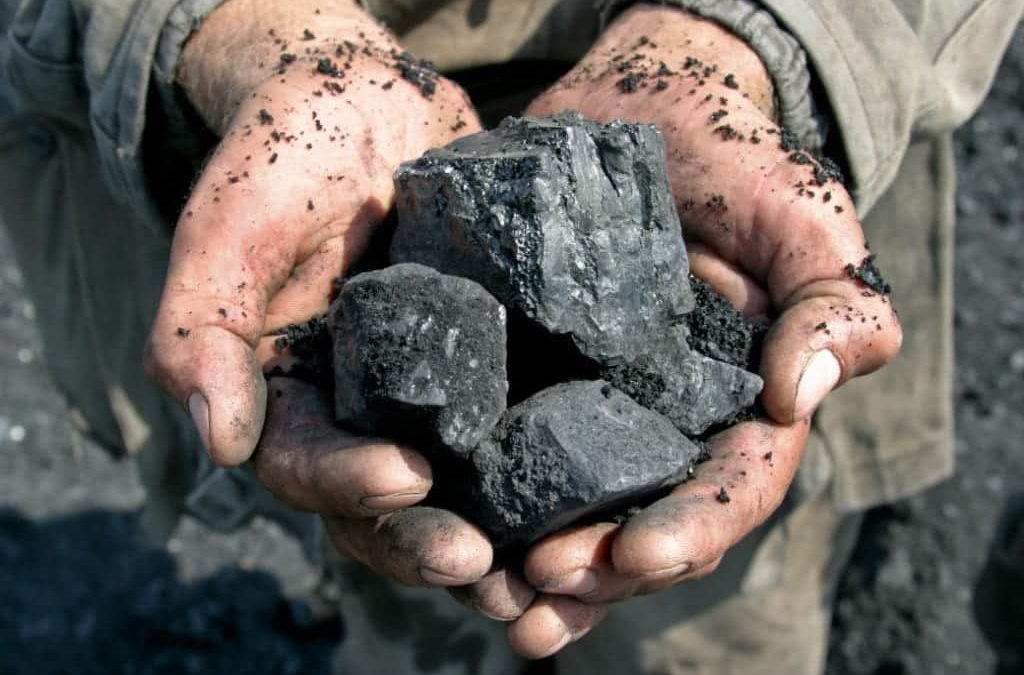In yet another tragic accident, five coalminers died in Balochistan (Sept 14), highlighting the dangerous working conditions in the country’s mining industry where such incidents have become alarmingly routine.
Unfortunately, despite frequent incidents and international outcry, little has been done to address the safety hazards that claim the lives of a number of miners every year.
Coal mining is an extremely hazardous occupation, with workers facing the constant threat of cave-ins, gas explosions, and suffocation due to poor ventilation. In Pakistan, where mines are poorly regulated and lack basic safety protocols, these risks are even more pronounced.
Miners often work in outdated and unsafe conditions, with little access to protective equipment or emergency services. As a result, fatal accidents are all too common, and injuries go unreported, adding to the grim tally of loss.
The lack of enforcement of safety regulations in the mining sector is a significant contributing factor to these ongoing tragedies. Although Pakistan is a signatory to several International Labour Organisation (ILO) conventions, which set out minimum standards for workers’ safety and health, subsequent governments have failed to fully implement or enforce these regulations.
ILO Convention No 176, which relates specifically to safety in mines, has not been ratified or incorporated into national labour laws.
As a result, miners continue to work in perilous conditions, with little hope of improvement. The failure of the government to take corrective action and ensure proper oversight of mining operations in the country is deeply concerning.
The lives of workers are continuously placed at risk due to negligence, inadequate inspections, and the prioritisation of profits over safety. Furthermore, the lack of accountability in the mining industry means that mine owners and operators rarely face consequences for failing to protect their workers.
The situation calls for immediate intervention. Pakistan should not only ratify relevant ILO conventions, but also take practical steps to implement them. Strengthening labour laws, ensuring regular inspections of mining sites, and holding those responsible for unsafe practices accountable are crucial measures that can save lives.
It is high time for the government to recognise that the lives of coalminers are not expendable, and that urgent action is required to prevent further loss of life.



